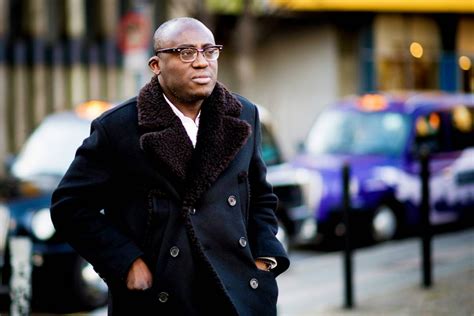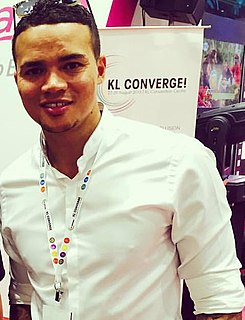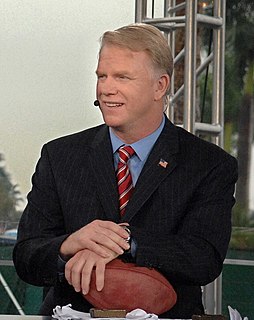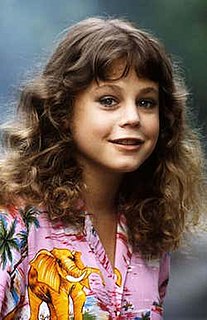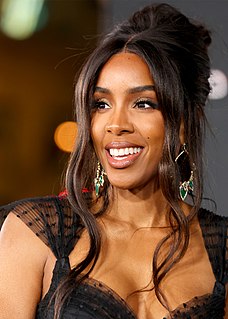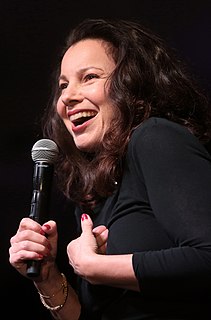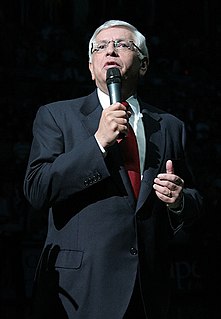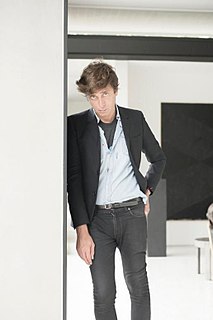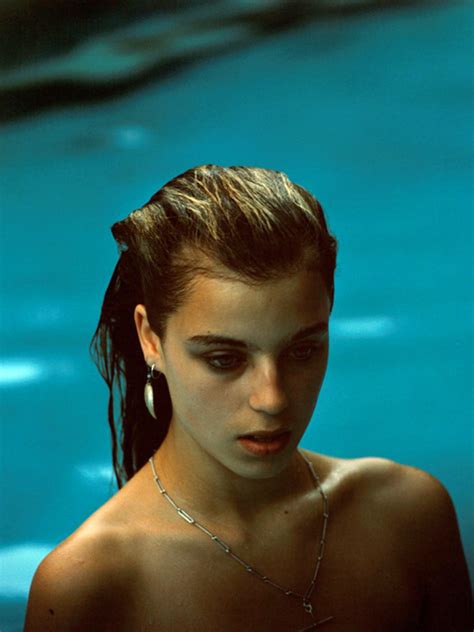A Quote by Edward Enninful
I am black in a predominantly white industry, and I have been luckier than most.
Related Quotes
I've been on predominantly 'white' shows before, and I had also been on predominantly 'black' shows. I would complain that when I was on a white show, they would only hire me because there was a black character or they needed a black voice. But then I would be mad if they went and hired a white dude in my position.
In some ways I consider myself more Chinese, because I live in San Francisco, which is becoming a predominantly Asian city. I avoid falling into the black-and-white dialectic in which most of America still seems trapped. I have always recognized that, as an American, I am in relationship with other parts of the world; that I have to measure myself against the Pacific, against Asia. Having to think of myself in relationship to that horizon has liberated me from the black-and-white checkerboard.
The thing about being black in a mostly white industry, particularly as a black male, is you can't lose your temper in the same way. Essentially, you are an angry black man losing his temper in a way that's unprofessional, as opposed to an industry that has protected unprofessional white males in perpetua.
There is not a history of black intellectuals being allied with dominant forces to hold white people in social and cultural subordination for a few centuries. Second, the "our" of black folk has always been far more inclusive that the "our" of white folk. For instance, there would have hardly been a need for "black" churches if "white" churches had meant their "our" for everybody - and not just white folk. But "our" black churches have always been open to all who would join. The same with white society at every level.
